Fur is a distinguishing trait of mammals although baldness is an attractive variety of mammalian oddities. Check out how humans lost their fur despite still having the gene responsible for it.
Category: neuroscience – Page 722

Brain Augmentation: Creating Super Intelligent Humans
For most people, the idea of brain augmentation remains in the realms of science fiction. However, for scientists across the globe, it is fast becoming reality—with the possibility of humans with “super-intelligence” edging ever closer.
In laboratory experiments on rats, researchers have already been able to transfer memories from one brain to another. Future projects include the development of telepathic communication and the creation of “cyborgs,” where humans have advanced abilities thanks to technological interventions.
Scientists Mikhail Lebedev, Ioan Opris and Manuel Casanova have now published a comprehensive collection of research into brain augmentation, and their efforts have won a major European science research prize—the Frontiers Spotlight Award. This $100,000 prize is for the winners to set up a conference that highlights emerging research in their field.
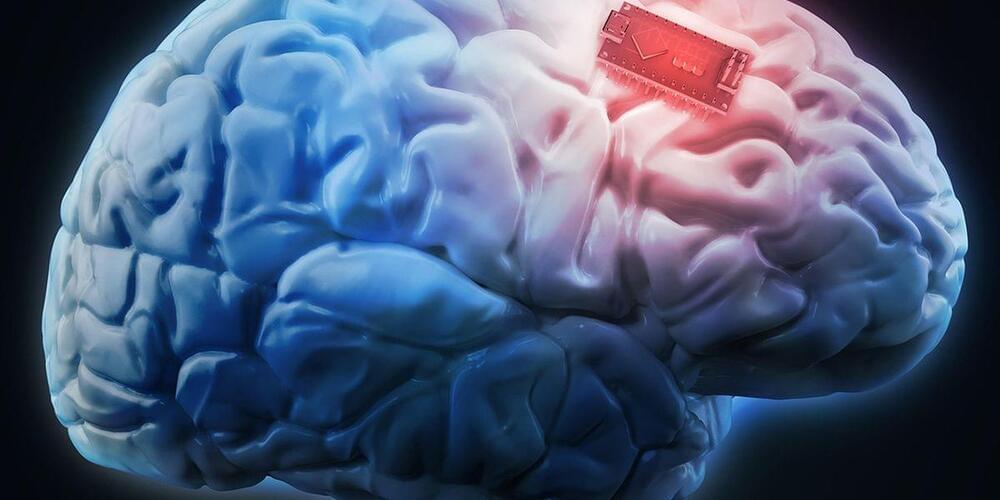
Q&A: The Ethics of Using Brain Implants to Upgrade Yourself
Anders Sandberg is “not technically a philosopher,” he tells IEEE Spectrum, although it is his job to think deeply about technological utopias and dystopias, the future of AI, and the possible consequences of human enhancement via genetic tweaks or implanted devices. In fact, he has a PhD in computational neuroscience. So who better to consult regarding the ethics of neurotech and brain enhancement?
Sandberg works as a senior research fellow at Oxford’s Future of Humanity Institute (which is helmed by Nick Bostrom, a leading AI scholar and author of the book Superintelligence that explores the AI threat). In a wide-ranging phone interview with Spectrum, Sandberg discussed today’s state-of-the-art neurotech, whether it will ever see widespread adoption, and how it could reshape society.

Scientists explain emotional ‘blunting’ caused by common antidepressants
Scientists have worked out why common anti-depressants cause around half of users to feel emotionally “blunted.” In a study published today in Neuropsychopharmacology, they show that the drugs affect reinforcement learning, an important behavioral process that allows people to learn from their environment.
According to the NHS, more than 8.3 million patients in England received an antidepressant drug in 2021/22. A widely used class of antidepressants, particularly for persistent or severe cases, is selective serotonin reuptake inhibitors (SSRIs). These drugs target serotonin, a chemical that carries messages between nerve cells in the brain and has been dubbed the “pleasure chemical.”
One of the widely reported side effects of SSRIs is “blunting,” where patients report feeling emotionally dull and no longer finding things as pleasurable as they used to. Between 40% and 60% of patients taking SSRIs are believed to experience this side effect.
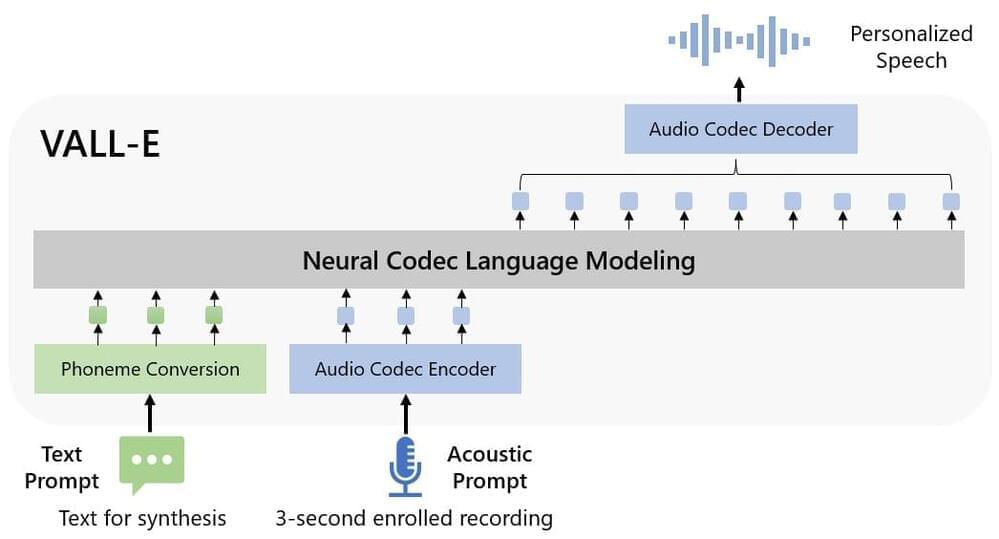
VALL-E
Chengyi wang*, sanyuan chen*, yu wu*, ziqiang zhang, long zhou, shujie liu, zhuo chen, yanqing liu, huaming wang, jinyu li, lei he, sheng zhao, furu wei.
Microsoft
Abstract. We introduce a language modeling approach for text to speech synthesis (TTS). Specifically, we train a neural codec language model (called VALL-E) using discrete codes derived from an off-the-shelf neural audio codec model, and regard TTS as a conditional language modeling task rather than continuous signal regression as in previous work. During the pre-training stage, we scale up the TTS training data to 60K hours of English speech which is hundreds of times larger than existing systems. VALL-E emerges in-context learning capabilities and can be used to synthesize high-quality personalized speech with only a 3-second enrolled recording of an unseen speaker as an acoustic prompt. Experiment results show that VALL-E significantly outperforms the state-of-the-art zero-shot TTS system in terms of speech naturalness and speaker similarity. In addition, we find VALL-E could preserve the speaker’s emotion and acoustic environment of the acoustic prompt in synthesis.
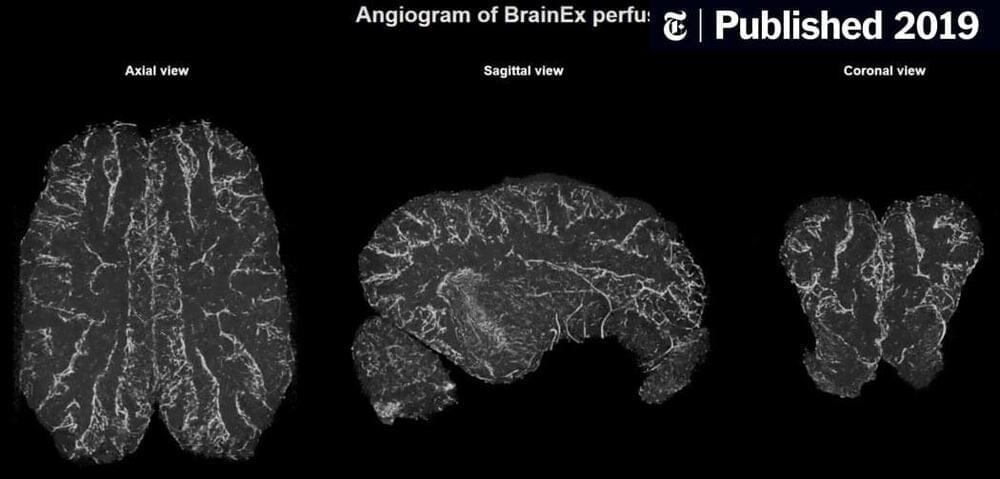
‘Partly Alive’: Scientists Revive Cells in Brains From Dead Pigs
Year 2019 face_with_colon_three
In a study that raises profound questions about the line between life and death, researchers have restored some cellular activity to brains removed from slaughtered pigs.
The brains did not regain anything resembling consciousness: There were no signs indicating coordinated electrical signaling, necessary for higher functions like awareness and intelligence.
But in an experimental treatment, blood vessels in the pigs’ brains began functioning, flowing with a blood substitute, and certain brain cells regained metabolic activity, even responding to drugs. When the researchers tested slices of treated brain tissue, they discovered electrical activity in some neurons.
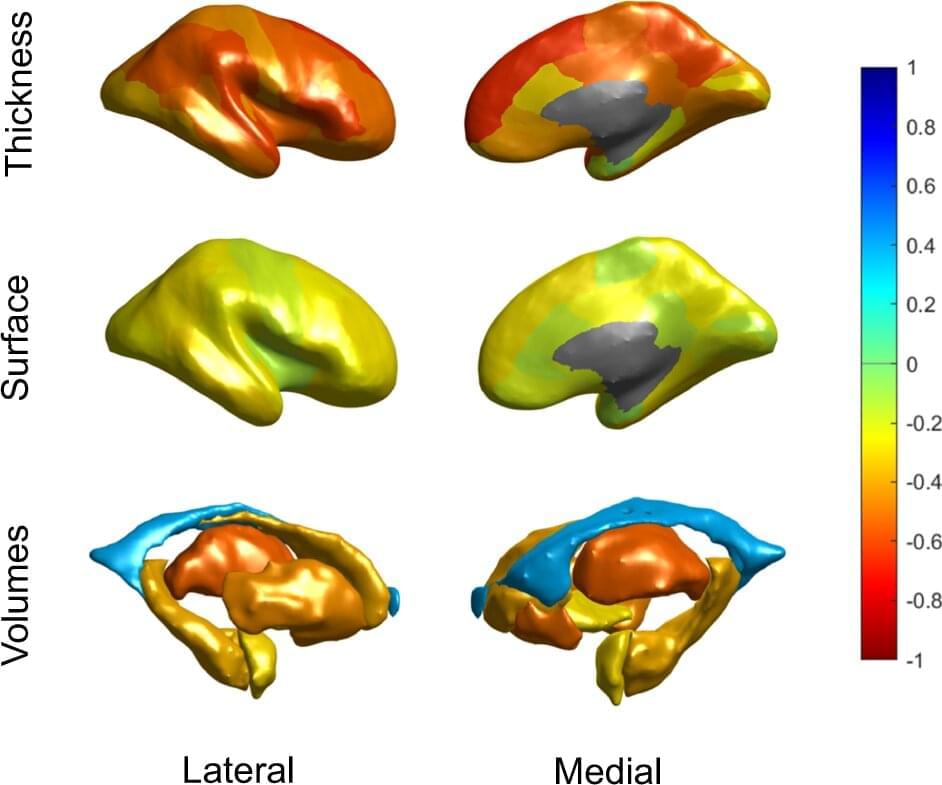
Study examines brain aging in people with schizophrenia
People suffering from schizophrenia can expect to die 15 years sooner than they ordinarily would. A new study has now found that this could be partly caused by advanced brain aging. The research findings were published in the journal Molecular Psychiatry.
Schizophrenia is associated with an increased risk of premature death, partially as a result of suicide or poor physical health. Studies to date have suggested that the high prevalence of disease, long-term cognitive decline and excess deaths in people with schizophrenia could in part be caused when their brain’s biological age overtakes the chronological age.
According to a few small-scale studies, this discrepancy called brain-predicted age difference (brain-PAD) has been found to be consistently higher in schizophrenic patients compared to healthy individuals. The studies have also shown that the gap between the two ages mainly widens during the first years after the onset of the illness.
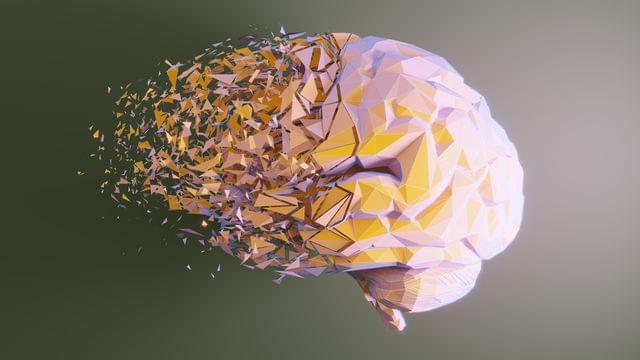
Promising Parkinson’s Disease Treatment Candidate Identified in Mouse Study
A new study has identified a promising drug candidate that can protect neurons from degeneration in mouse models of Parkinson’s disease. The research is published in Science Translational Medicine.
Addressing an unmet need
Parkinson’s disease (PD) is the second most common neurodegenerative disease, and over the last 25 years, the prevalence of PD has doubled, presenting a large health burden across the globe.
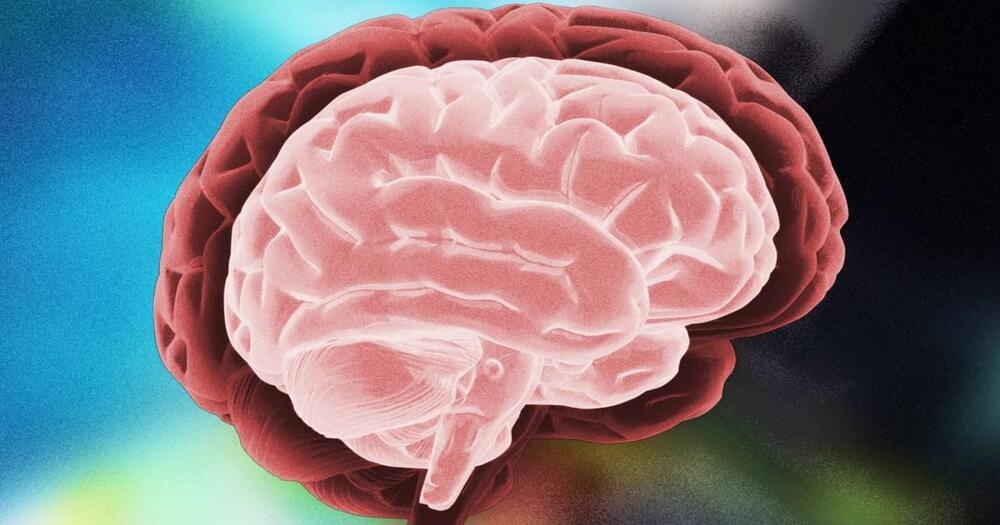
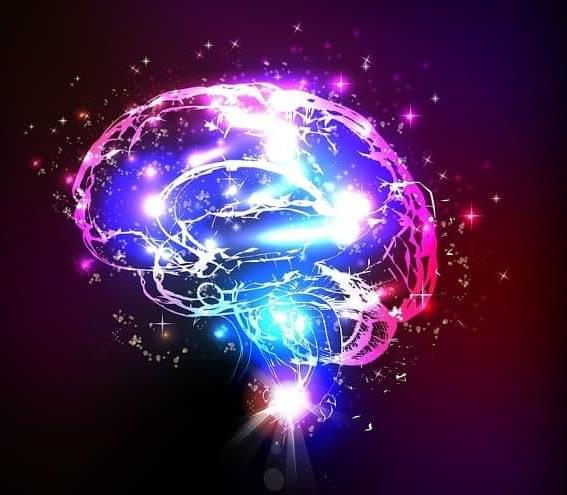
New Nanoparticles Deliver Therapy Brain-Wide and Edit Alzheimer’s Gene
Summary: Researchers have developed a new family of nano-scale capsules capable of carrying CRISPR gene editing tools to different organs of the body before harmlessly dissolving. The capsules were able to enter the brains of mice and successfully edit a gene associated with Alzheimer’s disease.
Source: University of Wisconsin-Madison.
Gene therapies have the potential to treat neurological disorders like Alzheimer’s and Parkinson’s diseases, but they face a common barrier — the blood-brain barrier.